Picture this: a honeybee returns to her hive after visiting a flower patch, only to learn from her sisters that an even richer nectar source was discovered just meters away. Does she experience something akin to regret? This question might seem absurd at first glance, but recent scientific discoveries are challenging our assumptions about insect consciousness and emotional capacity. The world of bug psychology is far more complex than we ever imagined, with researchers uncovering evidence that these tiny creatures possess sophisticated decision-making abilities that blur the line between instinct and genuine cognition.
The Surprising Complexity of Insect Brains
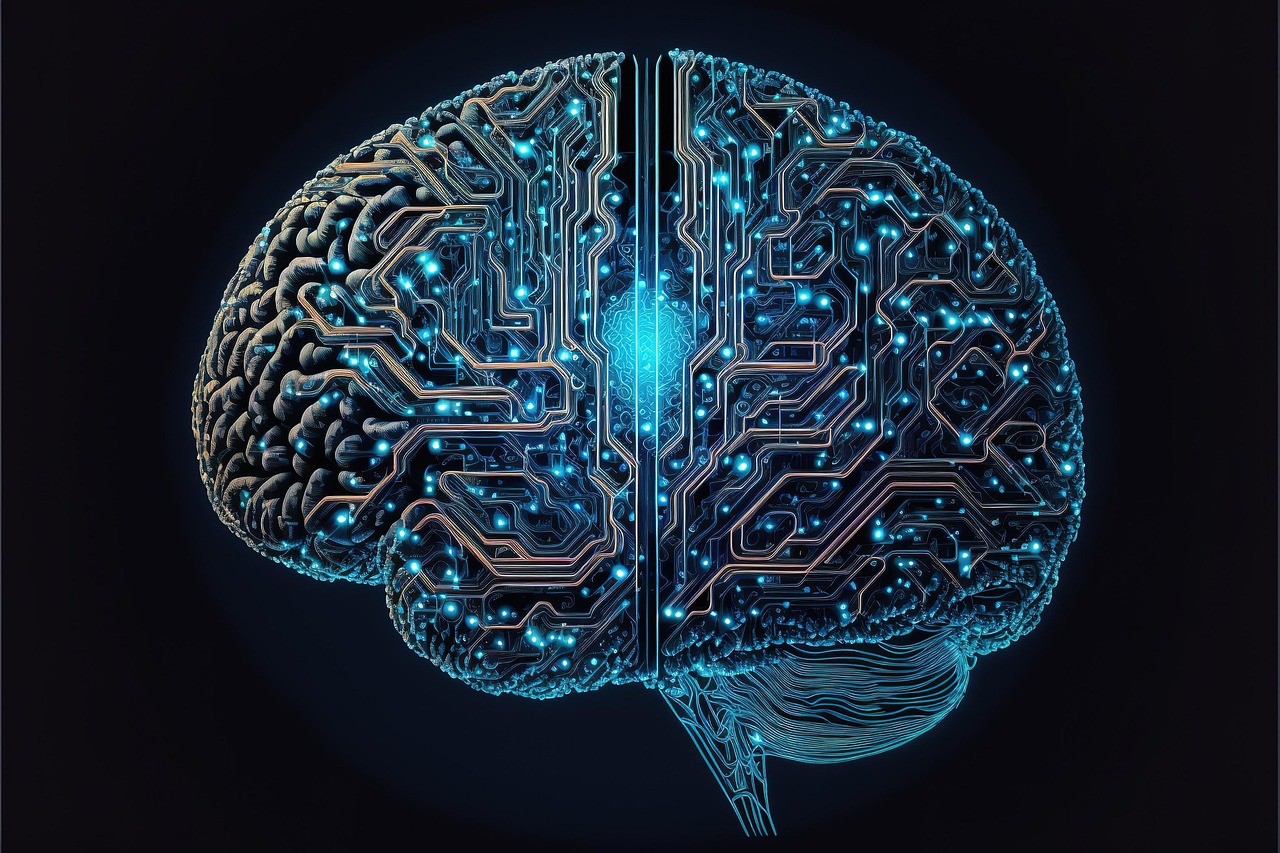
Despite their minuscule size, insect brains are marvels of biological engineering that pack incredible processing power into spaces smaller than a pinhead. A fruit fly’s brain contains roughly one hundred thousand neurons, while a honeybee’s brain houses nearly one million – numbers that pale in comparison to human brains but represent sophisticated networks capable of remarkable feats.
These neural networks aren’t just wired for basic survival functions. Scientists have discovered that insects possess specialized brain regions dedicated to learning, memory formation, and even what appears to be emotional processing. The mushroom bodies in insect brains, once thought to be simple storage units, now reveal themselves as complex integration centers that weigh options and make decisions.
What Actually Constitutes Regret in the Animal Kingdom
Before we can determine whether insects experience regret, we need to understand what regret actually means from a scientific perspective. Regret isn’t simply feeling bad about a past decision – it’s a complex cognitive process that involves comparing what actually happened with what could have happened under different circumstances.
True regret requires several mental abilities: the capacity to remember past choices, the ability to imagine alternative outcomes, and the emotional weight of recognizing that a different decision would have led to a better result. This cognitive cocktail was long believed to be exclusive to higher mammals, but recent research suggests the story might be more nuanced.
Scientists distinguish between two types of regret: outcome regret, which focuses on the negative result of a decision, and process regret, which involves recognizing that the decision-making process itself was flawed. Both forms require sophisticated mental architecture that researchers are now finding in unexpected places.
Revolutionary Studies on Bee Decision-Making
Honeybees have become the poster children for insect intelligence, and recent studies reveal decision-making abilities that would make a stock trader jealous. When faced with multiple flower patches offering different rewards, bees don’t just choose randomly – they engage in complex cost-benefit analyses that consider factors like distance, nectar quality, and competition from other bees.
One groundbreaking study showed that bees can learn to associate certain colors with better or worse outcomes, and they’ll actively avoid making choices that previously led to disappointing results. Even more intriguingly, when bees discover they’ve made a suboptimal choice, they exhibit behavioral changes that suggest something remarkably similar to regret.
The most compelling evidence comes from experiments where bees were given choices between feeding stations, only to later discover information about unchosen alternatives. Bees that learned about better options they had passed up showed decreased motivation and altered foraging patterns – responses that mirror regret-like behaviors in mammals.
The Ant Colony’s Collective Memory and Learning
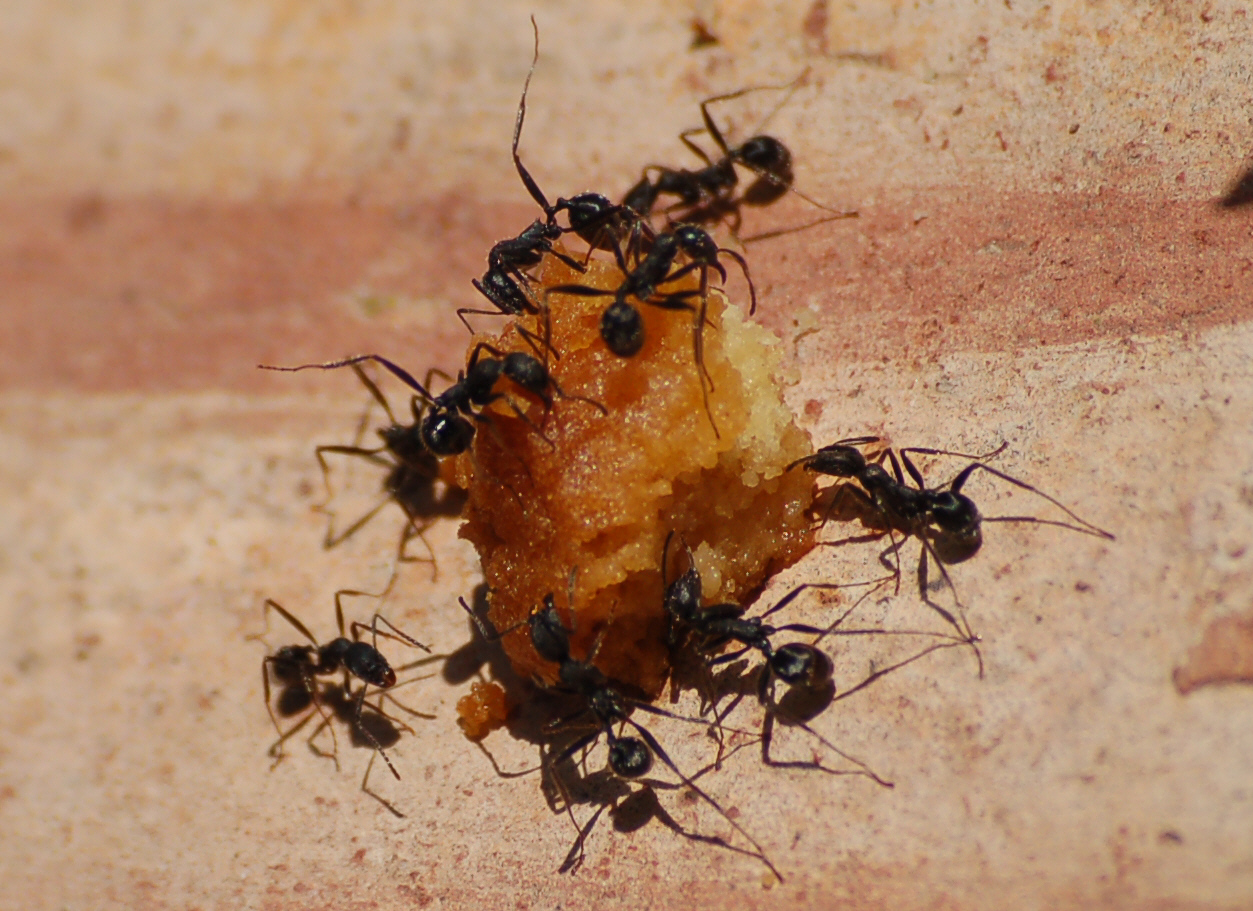
Ant colonies represent one of nature’s most sophisticated examples of collective decision-making, where individual choices aggregate into colony-wide strategies. When scout ants explore potential food sources, they don’t just report back their findings – they engage in complex evaluations that consider multiple factors simultaneously.
Recent research has revealed that ant colonies can learn from poor collective decisions and adjust their strategies accordingly. When a colony chooses an inferior food source over a superior one, subsequent foraging patterns show clear evidence of learning and adaptation. This suggests that even at the collective level, something analogous to regret might be operating.
Individual ants within these colonies display behaviors that hint at personal regret as well. Ants that have led their sisters to disappointing food sources often show reluctance to take leadership roles in future foraging expeditions, suggesting they’ve learned from their mistakes in ways that go beyond simple conditioning.
Fruit Flies and the Neuroscience of Insect Emotions
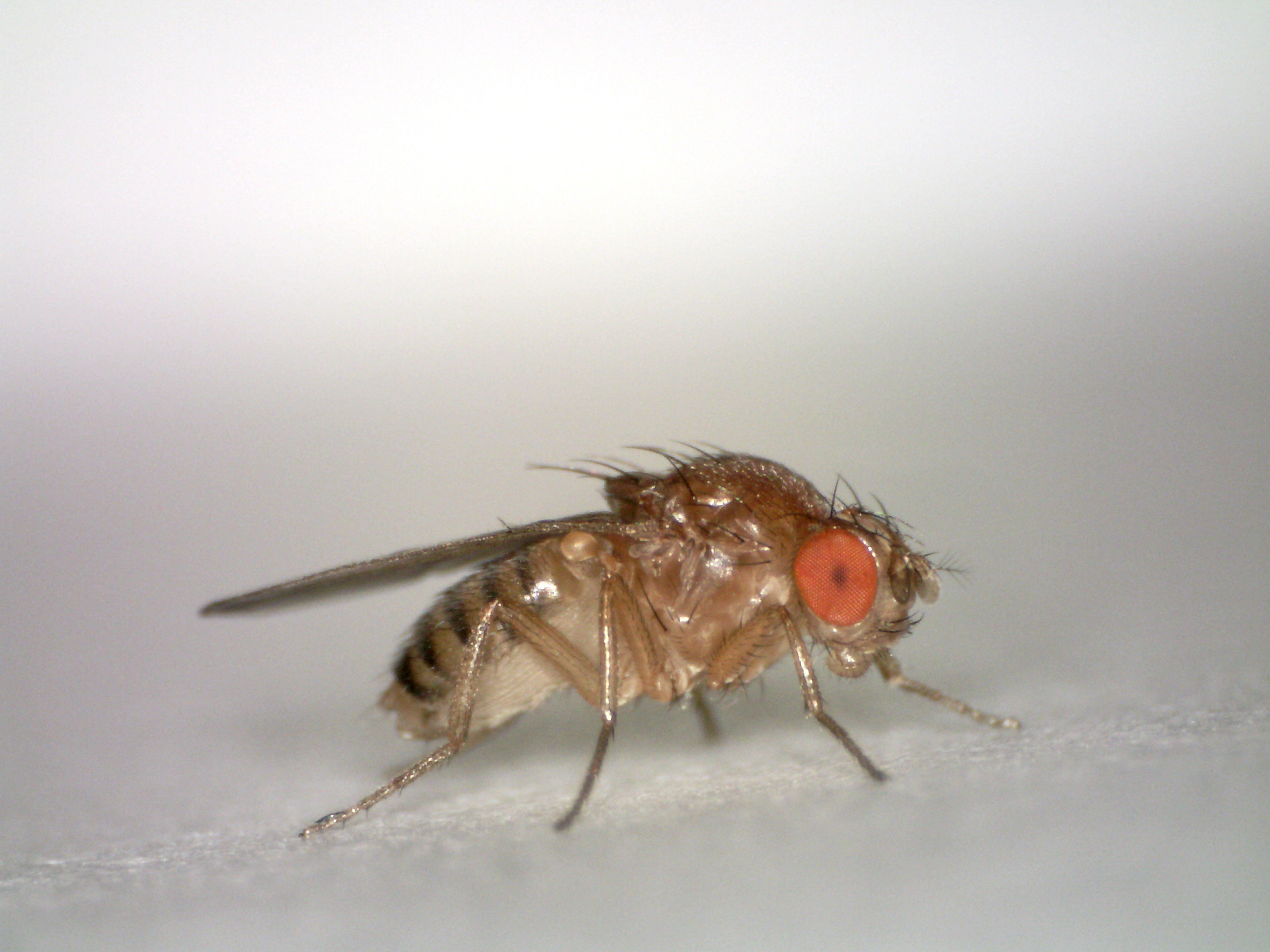
The humble fruit fly has become an unlikely star in the study of insect emotions, thanks to their simple nervous systems that are nonetheless capable of surprising complexity. When fruit flies are presented with choices between different food sources, they don’t just pick randomly – they exhibit clear preferences and can even change their minds when presented with new information.
Neuroscientists have identified specific brain circuits in fruit flies that activate when the insects encounter unexpected negative outcomes. These circuits bear striking similarities to the neural pathways associated with regret in mammalian brains, suggesting that the basic architecture for regret-like experiences might be more evolutionarily ancient than previously thought.
Perhaps most remarkably, fruit flies can be trained to avoid making choices that they’ve learned lead to negative outcomes, even when those choices were initially attractive. This ability to override immediate impulses based on learned experiences represents a form of cognitive flexibility that was once thought to be uniquely human.
The Role of Memory in Insect Decision-Making
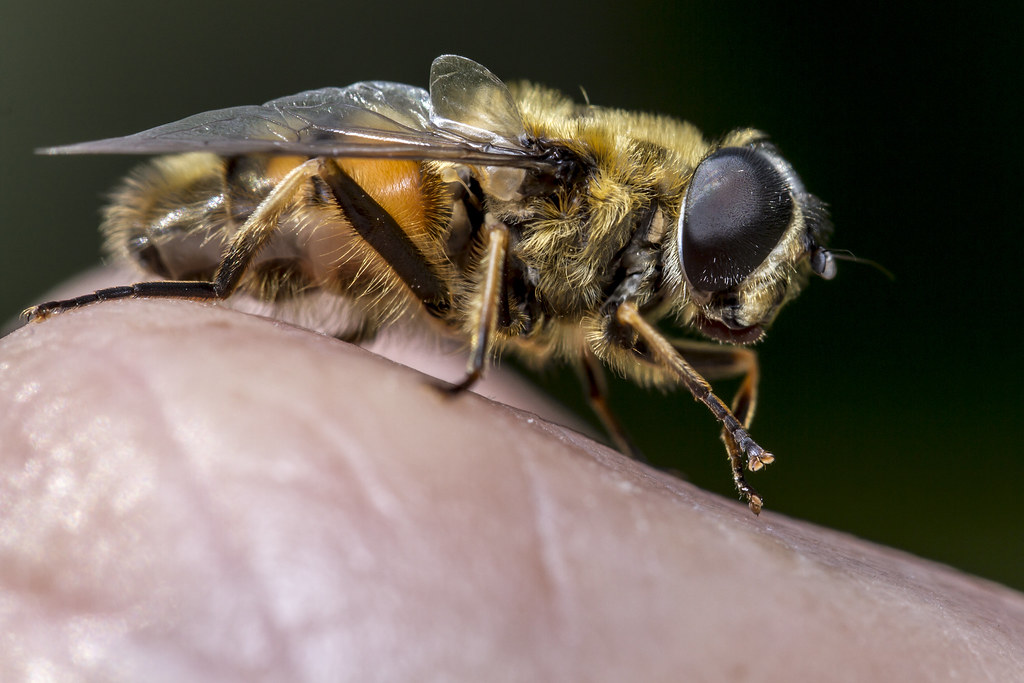
Memory forms the backbone of any regret response, and insects possess far more sophisticated memory systems than scientists once believed. Bees can remember the locations of hundreds of flowers, the time of day when each produces the most nectar, and even the social dynamics of their interactions with other bees at each site.
These memories aren’t just passive storage units – they’re actively integrated into decision-making processes in ways that suggest genuine learning and adaptation. Insects can weigh recent experiences against older memories, adjust their strategies based on changing circumstances, and even appear to experience something like nostalgia for particularly rewarding past experiences.
The formation of these memories involves complex neurochemical processes that mirror those found in mammalian brains. When insects make decisions that lead to negative outcomes, their memory systems undergo changes that make them less likely to repeat those same mistakes – a process that bears striking similarities to how regret shapes human behavior.
Comparing Insect Responses to Mammalian Regret
When we compare insect behaviors to well-documented regret responses in mammals, the similarities are both striking and puzzling. Rats that make poor choices in laboratory settings show increased stress hormones, altered exploration patterns, and behavioral changes that clearly indicate they’ve learned from their mistakes. Insects exhibit remarkably similar patterns.
The key difference lies in the complexity and duration of these responses. While a rat might carry the weight of a poor decision for days or weeks, insect responses tend to be more immediate and focused on the specific context where the mistake occurred. This suggests that insect regret, if it exists, might be more situational and less generalized than mammalian regret.
However, recent studies have shown that some insects can maintain learned aversions to poor choices for surprisingly long periods – in some cases, for their entire lifespans. This persistence suggests that the emotional impact of negative outcomes might be more profound in insects than we’ve traditionally assumed.
The Evolutionary Advantage of Regret-Like Behaviors
From an evolutionary perspective, the ability to feel regret – or something like it – provides clear survival advantages. Animals that can learn from their mistakes and adjust their behavior accordingly are more likely to survive and reproduce than those that mindlessly repeat failed strategies.
In the insect world, where margins for error are often razor-thin, the ability to quickly learn from poor decisions could mean the difference between life and death. A bee that learns to avoid flowers that provide poor nectar rewards will be more efficient at gathering food, while an ant that remembers failed foraging routes can redirect the colony toward more productive areas.
This evolutionary pressure might explain why regret-like behaviors appear across such a wide range of species, from insects to mammals. The basic neural machinery for learning from mistakes might be one of the most fundamental and ancient aspects of animal cognition, suggesting that even the simplest creatures might experience something analogous to regret.
Neurochemical Evidence for Insect Emotions
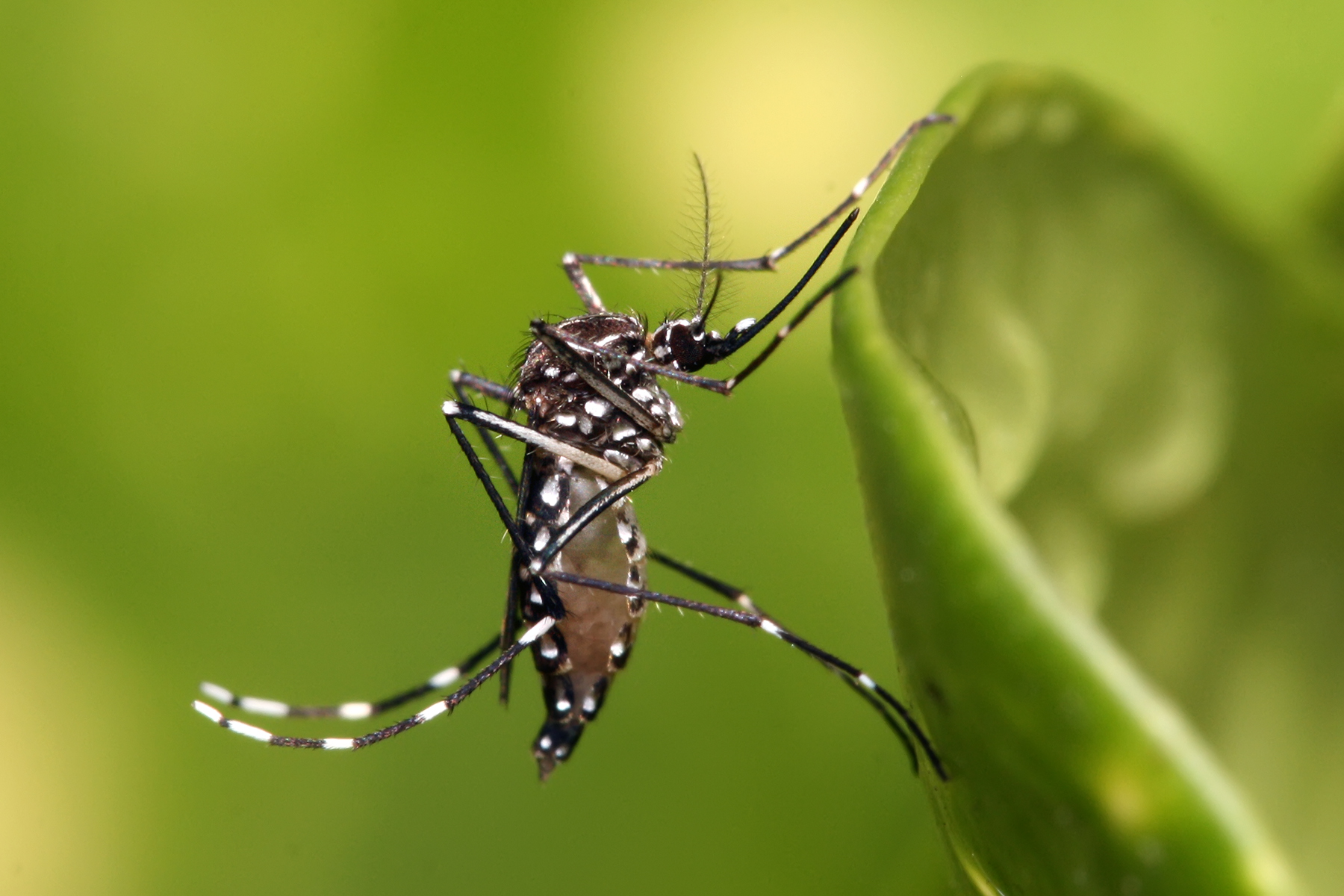
The chemistry of insect brains reveals surprising parallels to the neurochemical systems that govern emotions in mammals. Insects produce many of the same neurotransmitters that regulate mood and decision-making in humans, including dopamine, serotonin, and norepinephrine.
When insects encounter negative outcomes, their brains show changes in these chemical systems that mirror the neurochemical signatures of regret in mammals. Dopamine levels drop, stress-related chemicals increase, and the overall pattern of brain activity shifts in ways that suggest genuine emotional responses to disappointing outcomes.
These neurochemical changes aren’t just temporary fluctuations – they can persist for hours or even days after a negative experience, influencing subsequent decision-making in ways that clearly indicate learning and adaptation. This biochemical evidence provides some of the strongest support for the idea that insects might experience something genuinely analogous to regret.
The Debate Among Scientists
The scientific community remains divided on whether insects truly experience regret or simply exhibit complex behavioral responses that superficially resemble regret. Skeptics argue that what we’re seeing is sophisticated but ultimately automatic programming – elaborate if-then algorithms that create the illusion of emotional responses without genuine subjective experience.
Proponents of insect consciousness point to the flexibility and context-sensitivity of these behaviors, arguing that truly automatic responses wouldn’t show the kind of nuanced adaptation that insects demonstrate. They suggest that the line between complex behavioral programming and genuine emotion might be more blurred than we’ve traditionally assumed.
The debate touches on fundamental questions about the nature of consciousness itself. If insects can process information, learn from experience, and adjust their behavior in response to negative outcomes, what additional criteria must be met before we can say they truly experience regret? These questions challenge our assumptions about the uniqueness of human emotional experience.
Implications for Our Understanding of Consciousness
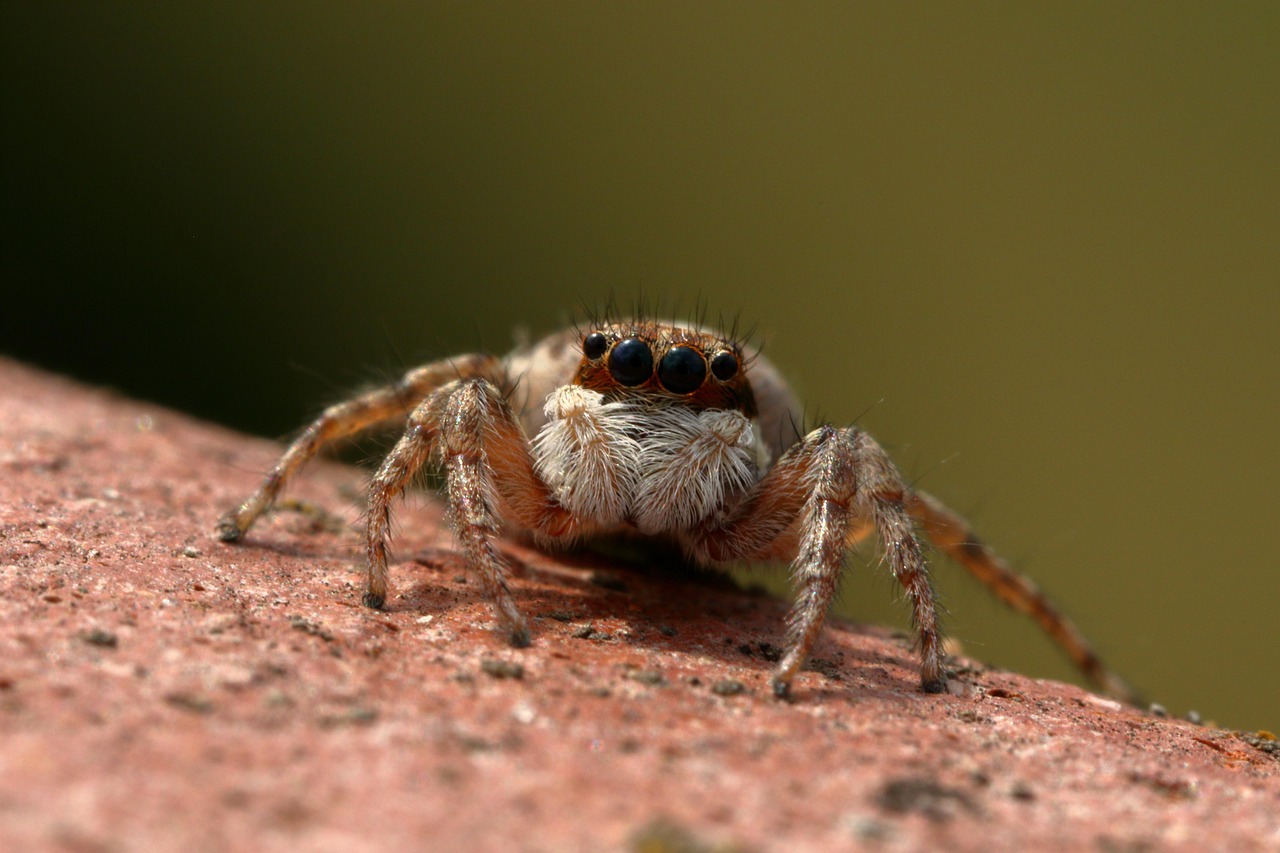
The possibility that insects might experience regret has profound implications for our understanding of consciousness and its evolutionary origins. If creatures with such simple nervous systems can experience complex emotions, it suggests that consciousness might be far more widespread in the animal kingdom than we’ve traditionally believed.
This research also forces us to reconsider our definitions of intelligence and emotion. Perhaps these phenomena aren’t binary states that creatures either possess or lack, but rather exist on a spectrum where even the simplest organisms might experience rudimentary forms of what we consider to be uniquely human experiences.
The implications extend beyond pure science into ethics and philosophy. If insects can suffer from regret, what does this mean for how we treat them? Should we reconsider our casual attitudes toward insect welfare, or are we anthropomorphizing behaviors that remain fundamentally different from human emotions?
Future Research Directions

Scientists are developing increasingly sophisticated methods to probe the inner lives of insects, using advanced brain imaging techniques, behavioral analysis, and even artificial intelligence to decode the complex patterns of insect decision-making. These new tools are revealing layers of complexity that were previously invisible to researchers.
Future studies will likely focus on identifying the specific neural mechanisms underlying insect regret-like behaviors, comparing these systems across different species, and developing more refined tests for genuine emotional experience. Researchers are also exploring whether insects might experience other complex emotions beyond regret, such as hope, anticipation, or even forms of empathy.
The integration of neuroscience, behavioral ecology, and computational modeling promises to provide increasingly detailed pictures of insect cognition. As these fields converge, we may finally answer the question of whether insects truly experience regret or simply exhibit remarkably sophisticated behavioral responses that mimic emotional experience.
What This Means for Our Relationship with Nature
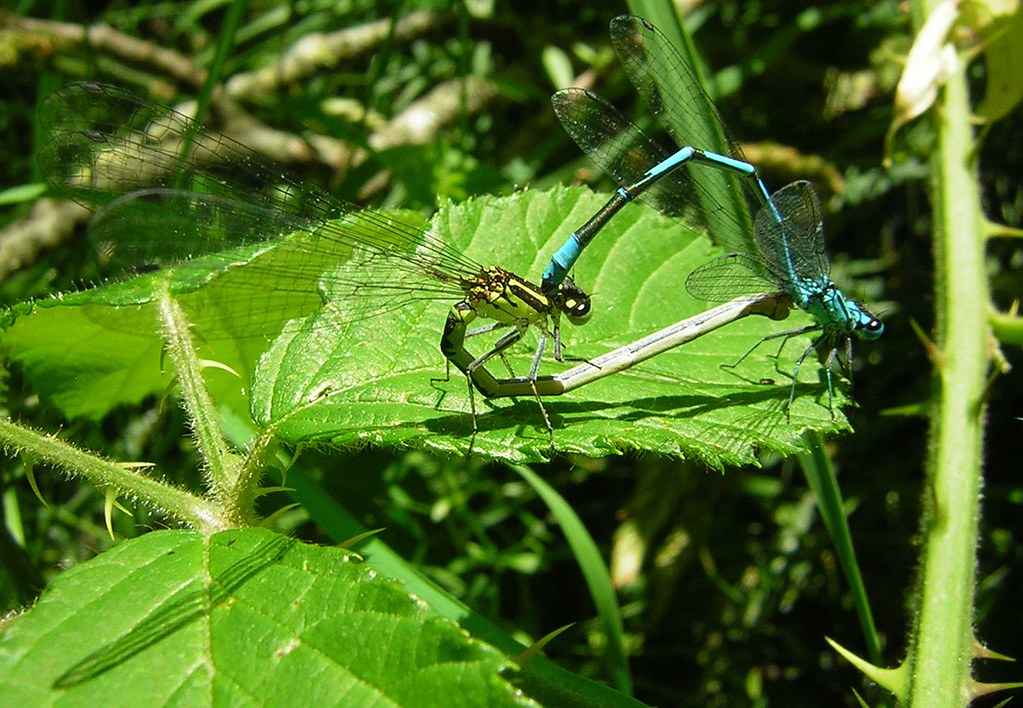
The possibility that insects experience regret fundamentally changes how we might think about our relationship with the natural world. If these tiny creatures possess rich inner lives filled with complex emotions, it suggests that consciousness and subjective experience might be far more common in nature than we’ve traditionally assumed.
This research encourages us to approach the natural world with greater humility and respect. Even the smallest creatures might be experiencing their own forms of joy, disappointment, hope, and regret as they navigate the challenges of survival and reproduction. Understanding this complexity can deepen our appreciation for the intricate web of life that surrounds us.
Whether or not insects truly experience regret in the way humans do, their sophisticated decision-making abilities and capacity for learning from mistakes reveal a natural world far richer and more complex than we might have imagined. These discoveries remind us that intelligence and emotion take many forms, and that the boundary between human and non-human experience might be more permeable than we’ve traditionally believed.
The question of whether insects can feel regret opens up fascinating possibilities about the nature of consciousness itself. While we may never know for certain what goes on in the mind of a bee or an ant, the evidence suggests that these creatures live far richer emotional lives than we once thought possible. Their ability to learn from mistakes, adjust their behavior, and show what appears to be genuine disappointment challenges our assumptions about the uniqueness of human emotional experience. As we continue to unravel the mysteries of insect cognition, we’re forced to confront fundamental questions about consciousness, intelligence, and our place in the natural world. What other emotions might be hiding in the tiny brains of the creatures we share this planet with?
